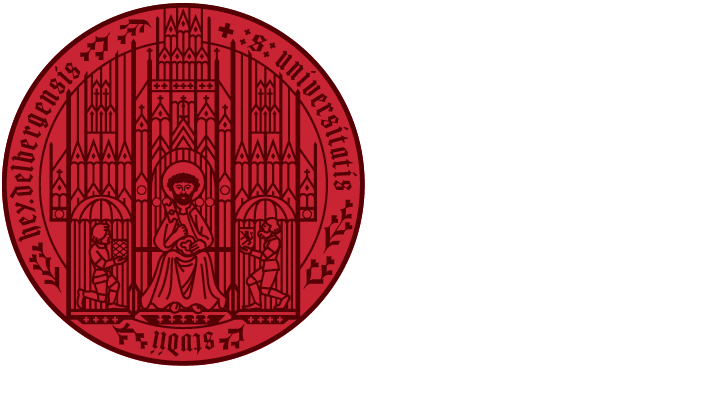History
The Research Center International and Interdisciplinary Theology (FIIT) in Heidelberg was founded in 2005 by Prof. Michael Welker. He had many years of experience (1996–2006) as Director of the International Science Forum Heidelberg (IWH), as a member of the Senate and Grants Committee for Research Training Groups of the DFG, and also as Senior Consultant Scholar at the Center of Theological Inquiry in Princeton. Through intensive international lecturing activities in more than 30 countries and 20 states of the USA, as well as through various visiting professorships in Cambridge, Chicago, Emory, Harvard and Princeton, he became acquainted with successful scientific formats of interdisciplinary research in the Anglo-American world and adopted them for work in Germany. The supervision of 60 doctoral students from 15 countries and the experience gained in numerous research projects, especially on the relationship between theology and the natural sciences as well as between theology and law, provided an ideal academic basis for the establishment of the FIIT.
The Institute was confirmed by the Senate of the Ruprecht-Karls-Universität Heidelberg and reports to the Rectorate of the University of Heidelberg, an institution which has had a national and international scientific impact since 1386. The FIIT fits into the overall university strategy, which aims to network university disciplines at a high academic level, to strategically integrate scientific institutions locally in Heidelberg and to orient itself internationally. Today, 24 Heidelberg university professors work together in a loose network to manage and shape the FIIT. So far, 80 colleagues from all over the world have been guests at FIIT as Scholars in Residence for their research. Within the framework of the internationally announced and rigorously evaluated research awards (John Templeton Award and Manfred Lautenschlaeger Award for Theological Promise) 130 young scholars have already been honored, about 90% of whom have gone on to pursue a university career. Furthermore, numerous international and interdisciplinary colloquia, workshops, consultations and conferences have been held in the two conference rooms of FIIT — in the case of larger groups in the neighboring IWH — the majority of which have resulted in scientific book publications.
Vision
Christianity is one of the strongest formative cultural forces in the world, accounting for one-third of humanity. Despite significant losses of resonance in Western Europe and now also in North America, it is growing in many parts of the world at the beginning of the 21st century, especially in Asia, Africa and Latin America. Understanding important cultural, social and political developments is hardly possible without considering the binding and shaping forces of Christianity. The FIIT reflects current global developments theologically and opens up the significance of the orienting forces of Christianity for these processes both to non-theological scholars and to those interested in politics, economics and society outside of academia.
In doing so, FIIT scholars critically as well as self-critically distinguish between creative and destructive cultural and symbolic potentials in religions, morals, civil societies, science and politics. The FIIT opens up extra-theological scientific access to lived religiosity, from organized religions to forms of individual piety. The research center specifically addresses inner-scientific demands, but also extra-scientific challenges. Within the scientific community, the most important goal is to gain serious and reliable scientific knowledge. Extra-scientifically, the work of the FIIT is intended to promote democratic change in liberal societies and international understanding of central ethical and ideological issues. At the FIIT, theological science and social reality are consistently thought of in a multi-systemic way.

